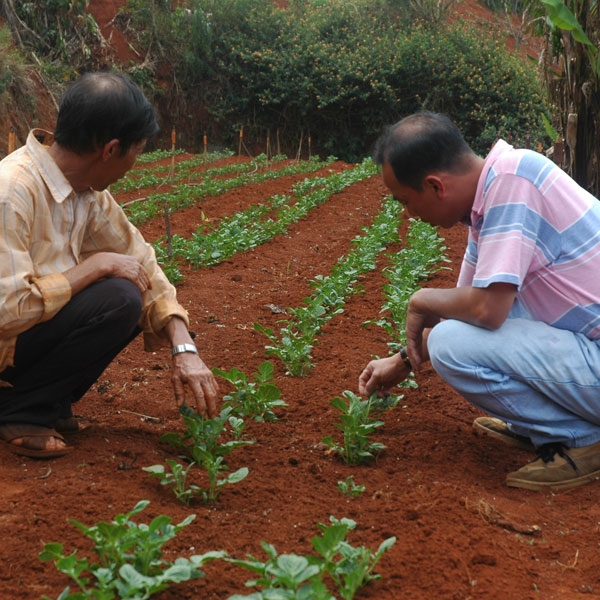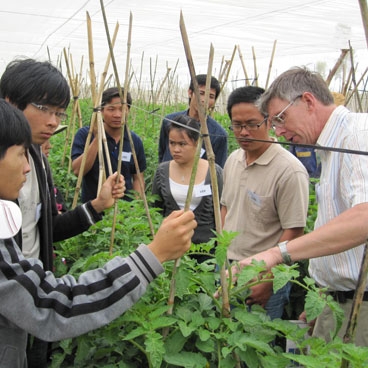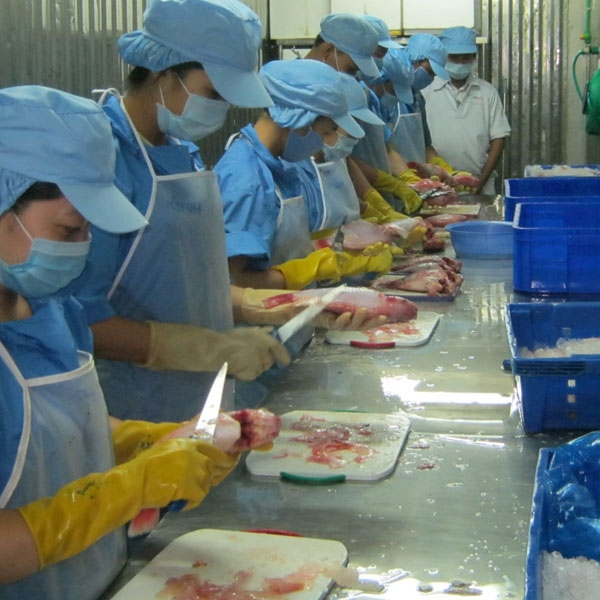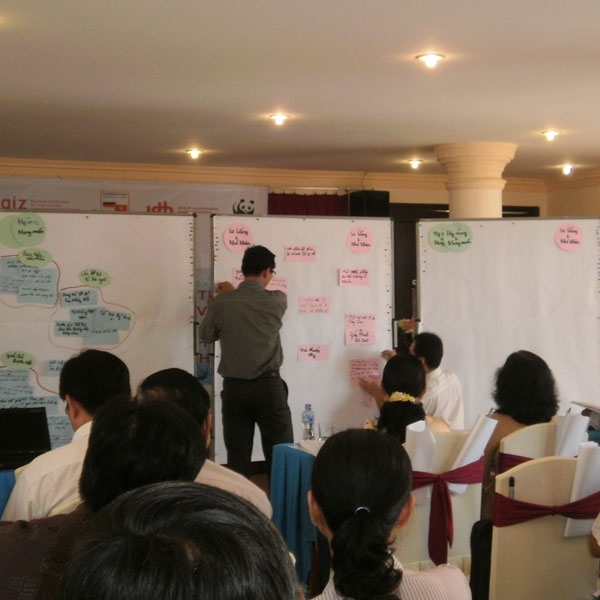One of the world’s largest potato processing firms, the world’s leading fertilizer company and the world’s largest crop protection product company contracted Fresh Studio to develop a higher yielding, higher quality and more sustainable potato production protocol in Vietnam.
Fresh Studio joined with leading Dutch potato breeding companies, to select new and potentially suitable potato varieties. In close collaboration with its clients, Fresh Studio developed a variety of cultivation protocols. These new varieties and protocols were tested in random block-design trials during four different seasons. The tests were conducted at Fresh Studio’s own R&D farm in the Central Highlands of Vietnam.
These trials resulted in the selection of two much higher yielding and higher quality potato varieties than the currently farmed standard. With these new varieties and improved cultivation protocols, yields were increased from 45% to 80%. Post-harvest and processing trials (fry tests) showed that the new varieties performed better than the current standard.
During our organized field days, hundreds of potato farmers were able to observe the difference between varieties, and related cultivation protocols. Fresh Studio is currently working closely with its clients to introduce these new varieties, conduct more potato trials all over Vietnam, as well as to develop a plan to train large numbers of farmers in new potato cultivation protocols.







